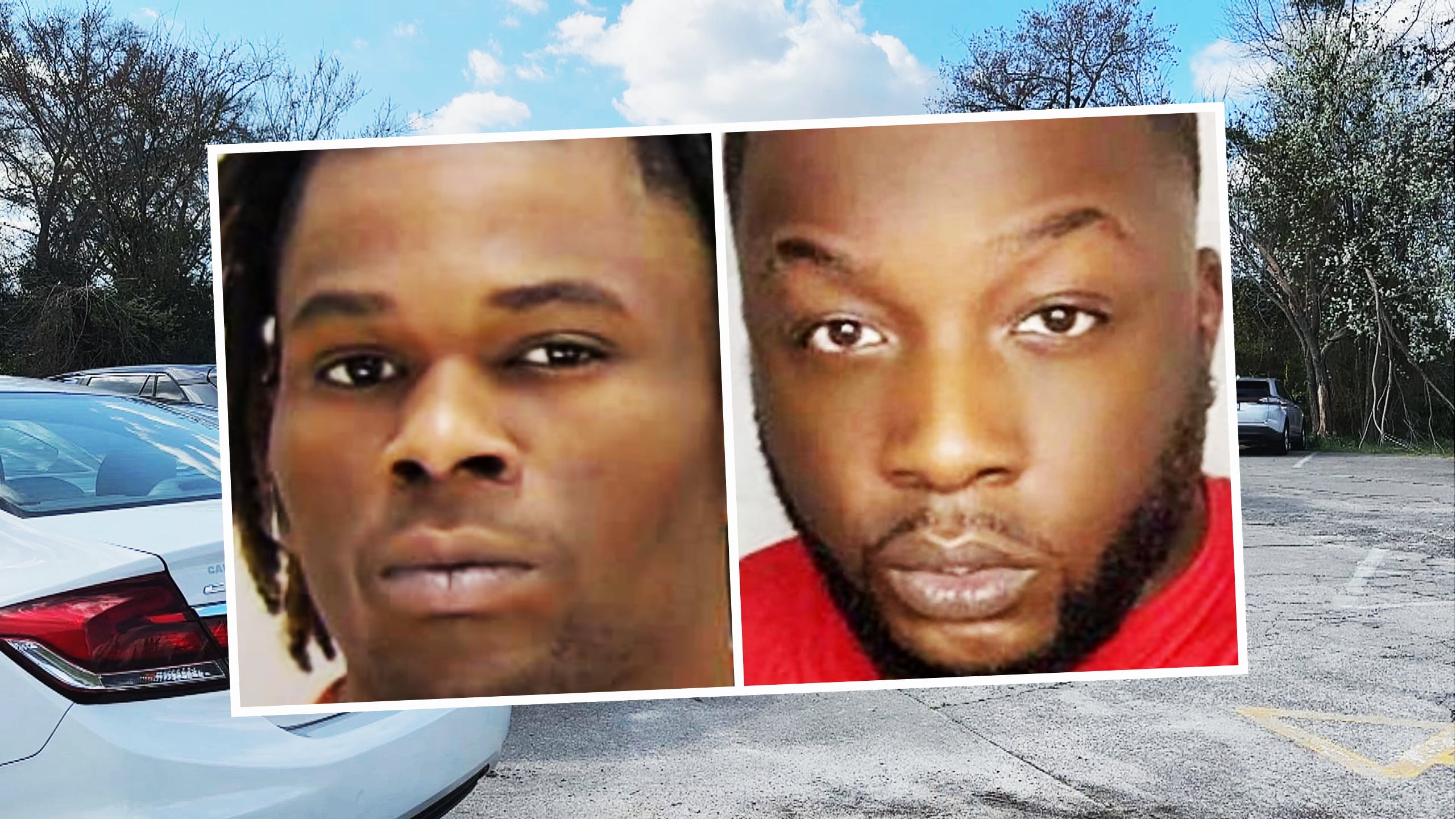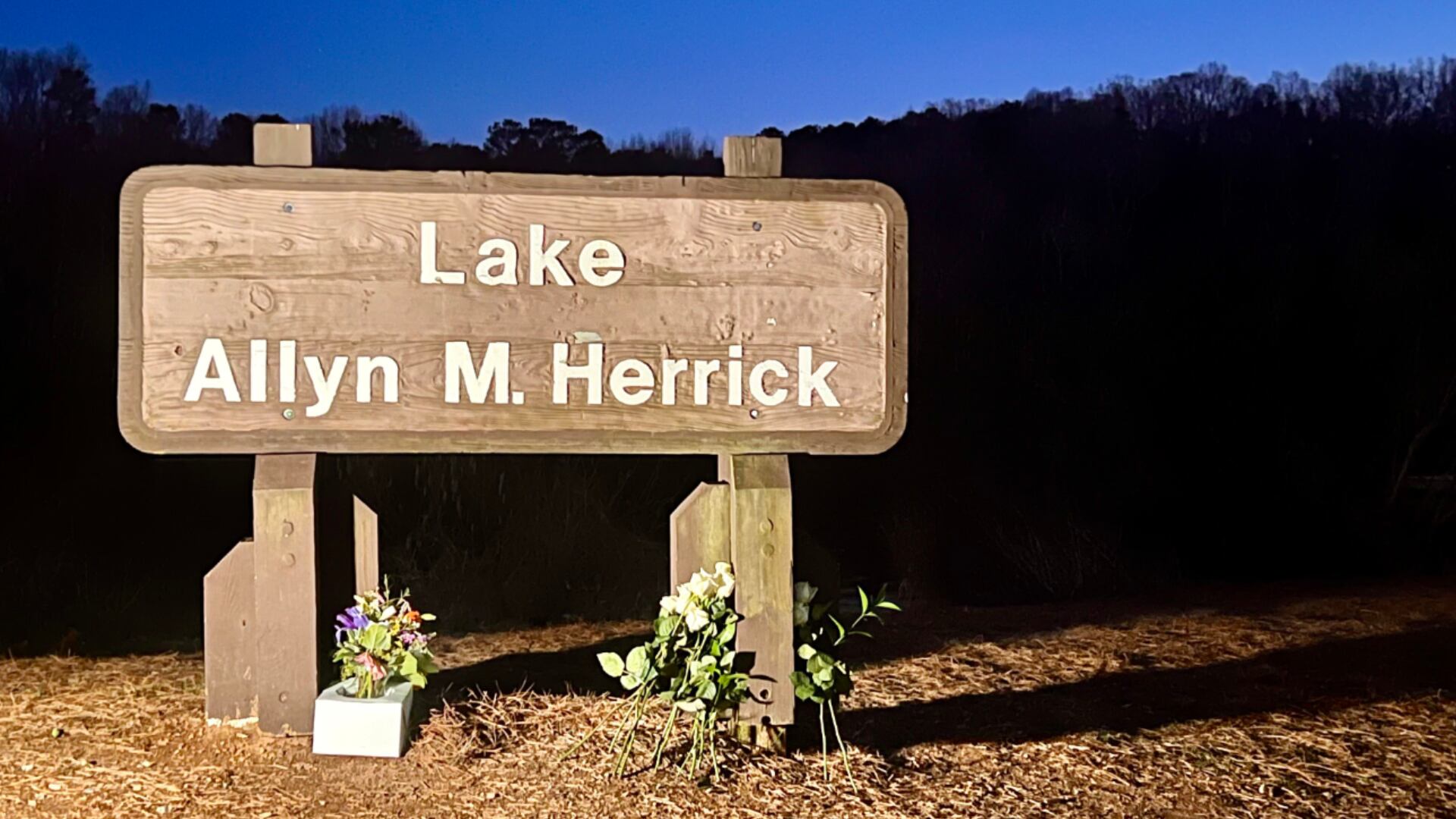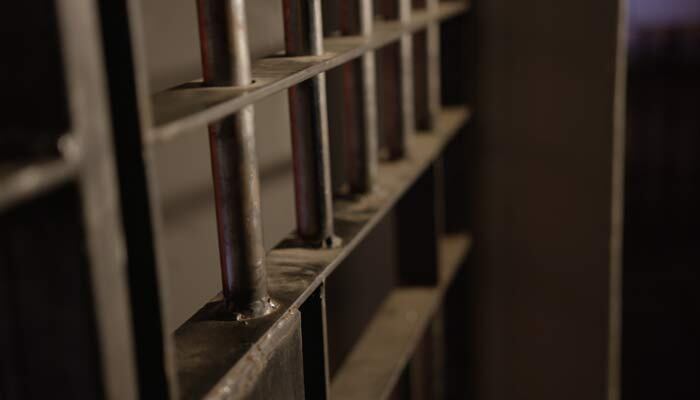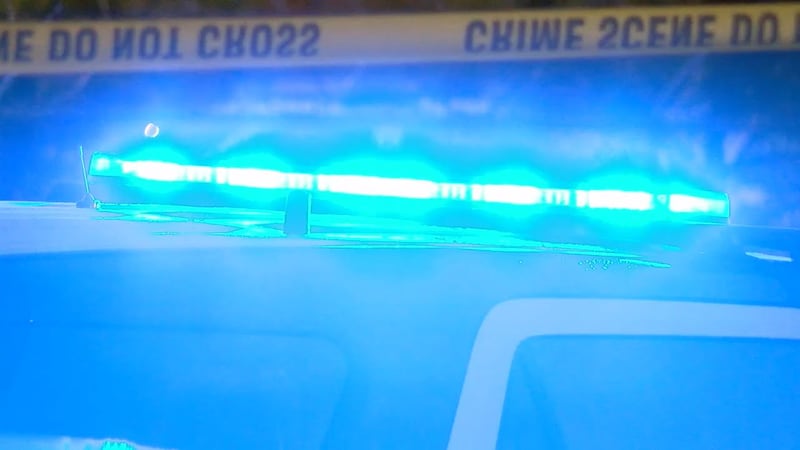Convictions upheld in Burke County slayings of wife, stepdaughter

ATLANTA, Ga. - The Georgia Supreme Court on Wednesday upheld an inmate’s Burke County convictions in the 1995 shooting deaths of his estranged wife and his 15-year-old stepdaughter.
Willie Williams Palmer was convicted of malice murder and other crimes stemming from the slayings of Brenda Jenkins Palmer and 15-year-old Christine Jenkins.
He’s serving a sentence of life without parole at the Augusta State Medical Prison.
On appeal, Palmer alleged several errors occurred during his latest and fourth trial in Burke County. Palmer contended that:
- His Sixth Amendment right to a speedy trial was violated.
- The state’s loss or destruction of potential biological evidence from the crime scene required dismissal for prosecutorial misconduct or an instruction allowing the jury to draw an inference adverse to the state.
- The trial court violated his constitutional right to present a defense by excluding evidence of “historical bias against him on the part of law enforcement and prosecutors.”
- The court erred in prohibiting him from questioning the lead Georgia Bureau of Investigation investigator about a shooting that occurred two months after the murders to his theory of an alternative suspect and his argument that the investigators unfairly focused on him as the shooter.
- That the cumulative effect of the trial court’s errors deprived him of a fundamentally fair trial.
Burke County robbery suspects arrested after turning themselves in
The two suspects wanted in connection with the Vidette Country Store robbery turned themselves in Tuesday evening, according to authorities.

Newly released documents shed light on death of Demon Parrish
News 12 has obtained the arrest warrants that shed light on a timeline of events that officials believe connect Caleb White to the death of an Augusta man previously reported missing.

Laken Riley’s phone called 911 during her murder, officials say
An open records request unveils new details about the death investigation of a nursing student killed on the University of Georgia campus last month, Atlanta News First reports.

Ga. ‘witch doctor’ sentenced to life in prison for sex crimes
Hasaan Shalgheen is accused of raping and sexually assaulting a woman he charged $1,500 to perform an evil spirit healing ritual.

The Supreme Court heard oral arguments on Oct. 26.
In Wednesday’s unanimous opinion, authored by Chief Justice Michael P. Boggs, the court rejected each of Palmer’s contentions, concluding they are not ed by the facts or state law.
The opinion also notes the case’s long procedural history.
Palmer’s first trial in Burke County in April 1997 ended in a mistrial. His convictions from his second trial in October and November 1997 were later vacated on habeas corpus.
His third trial in Burke County in August 2007 resulted in guilty verdicts and a death sentence, which Palmer appealed to the Supreme Court.
However, in 2020, Palmer and the state agreed to end that appeal before a decision from the Supreme Court was issued, with the state also consenting to a new trial and not to seek the death penalty.
Palmer’s fourth trial concluded in 2023 with a jury finding him guilty of several criminal charges, including two counts of malice murder, and sentencing him to two life without the possibility of parole.
Regarding his contention that his Sixth Amendment right to a speedy trial was violated, the Supreme Court concluded that the record in the case s the trial court’s finding that Palmer failed to show that he suffered any relevant prejudice from the delay at issue.
Wednesday’s opinion states that the trial court should have measured the length of the delay from the entry of the order granting him a new trial on July 7, 2021, to the start of his fourth trial on Feb. 2, 2023.
“Because the trial court’s legal error in measuring the length of the delay favored the Appellant, the error does not undermine the reasonableness of the trial court’s ultimate judgment denying his speedy trial claim,” Boggs writes.
The opinion also states that Palmer does not allege any “deliberate delay to hamper the defense.”
“To the contrary, the trial court expressly found that the prosecutors worked diligently to bring the case to trial during the relevant period, and the record fully s that finding,” Boggs writes.
For that reason, the court saw no abuse of discretion.
The high court also agreed with the trial court’s determination that the potential biological evidence at issue in the case “had no apparent exculpatory value at the time that it was lost or destroyed.”
And the court concluded there is no legal basis in Georgia law for giving a spoliation, or adverse inference, jury instruction in a criminal case.
Palmer’s claim that the trial court violated his constitutional right to present a defense by excluding evidence of historical bias failed because he did not cite — and the court has not found — a case from any court holding that the exclusion of evidence alleged to show “historical bias” against a defendant “on the part of local law enforcement and prosecutors” under standard rules of evidence violates the defendant’s constitutional right to present a defense.
Palmer’s argument that the trial court erred in prohibiting him from questioning an investigator to his theory of an alternative suspect failed, with the court concluding this testimony “would not have raised a reasonable inference of Appellant’s innocence,” the high court said.
Lastly, the Supreme Court concluded Palmer failed to effectively show any error by the trial court.
Copyright 2023 WRDW/WAGT. All rights reserved.















